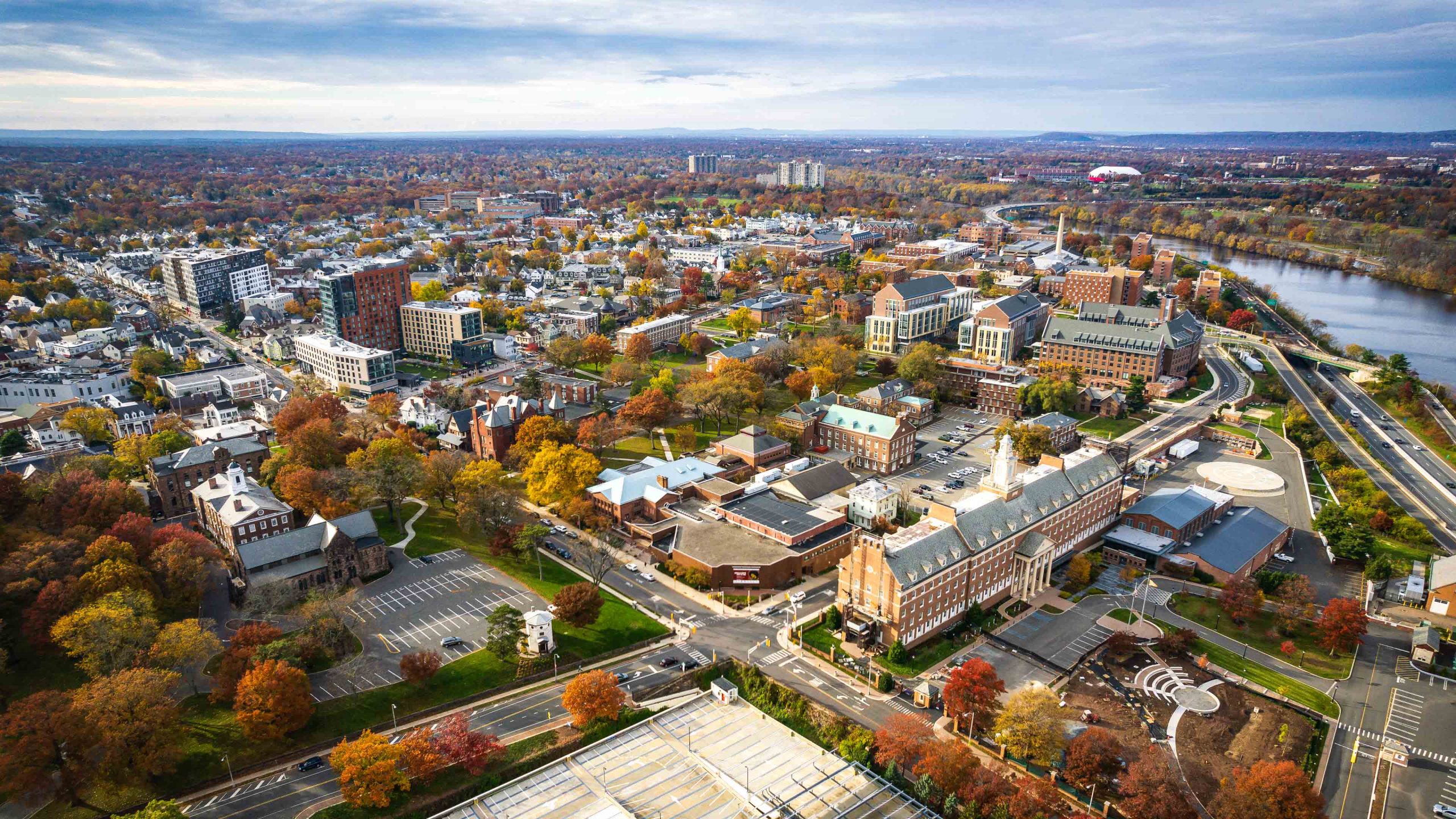Research Centers and Initiatives
The Bloustein School is host to several nationally recognized research centers and collaborative programs, established by the University’s Board of Governors. These specialized centers carry out large-scale projects and are supported by external funding, which maximize the school’s ability to perform in-depth research; extend its activities beyond the classroom through public service; and provide students with the opportunity to develop professional skills and experience.
The school serves as an intellectual focal point at Rutgers University for the examination of societal problems and solutions. Research undertakings are governed by a strong commitment to quality through the use of sound social science theory and methods and to full dissemination of results and peer review of findings. Research is carried out on a wide variety of challenging topics.
Many of these centers offer continuing education and training programs for government officials, nonprofit leaders, and career professionals, enabling the school to broaden its outreach endeavors.
Students at the Bloustein School have the opportunity to conduct hands-on research through appointments as researchers employed by the school’s centers and initiatives in such areas as community development, neighborhood revitalization, transportation, health, workforce development, and energy policy.












